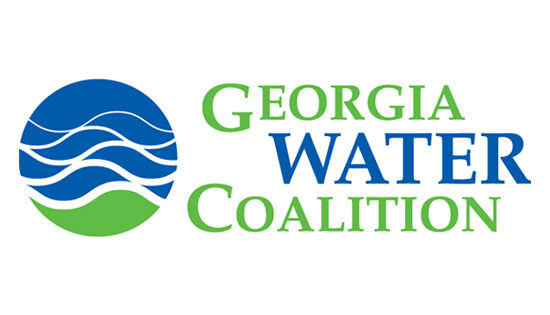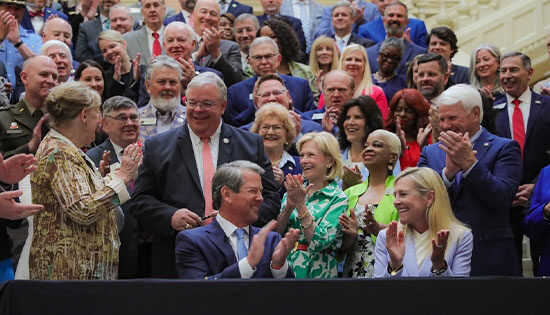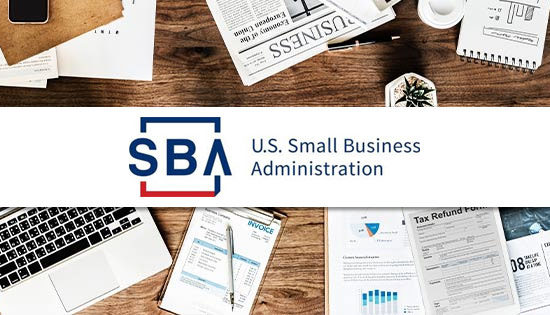ATLANTA – Georgia’s Attorney General joined a bipartisan coalition to support of the Debt Bondage Repair Act.
Release:
Attorney General Chris Carr has joined a bipartisan coalition of 41 attorneys general in writing to the Consumer Financial Protection Bureau (CFPB) in support of the Debt Bondage Repair Act, which restores the credit of human trafficking survivors. The CFPB is currently considering regulations for implementing the Act.
“We have witnessed firsthand the physical, emotional and financial challenges victims face once rescued, and we are fighting every day to create a safe harbor for those who have been sexually exploited,” said Carr.
“This includes working to ensure survivors have the resources they need to recover and rebuild their lives, and a negative consumer report can be detrimental to the rehabilitation process. This new regulation will effectively eliminate a critical barrier to employment, housing and other important tasks for those who have been victimized, and we are proud to join in support of this measure and human trafficking survivors across our state.”
Signed into law in December 2021, the Debt Bondage Repair Act prohibits credit rating agencies from providing consumer reports that contain negative items about human trafficking survivors from any period during which the individual was being trafficked.
It is a common tactic of traffickers to strip their victims of their financial independence or stability in order to keep them trapped. As a result, survivors are often faced with a wrecked credit history that leaves them unable to rent an apartment, purchase a car or find employment.
In the letter sent to CFPB, the attorneys general state, “Restoring financial independence is a crucial component of a survivor’s recovery. By regaining control over their finances, survivors reclaim and re-assert their personhood in defiance of their traffickers. This takes bravery and time. Without some mechanism to help them, negative consumer reports that resulted from their trafficking become an almost insurmountable obstacle to simple tasks.”
In addition to Georgia, the letter was signed by the attorneys general of Arkansas, California, Colorado, Connecticut, District of Columbia, Delaware, Florida, Hawaii, Illinois, Iowa, Kansas, Kentucky, Louisiana, Maine, Maryland, Massachusetts, Michigan, Minnesota, Mississippi, Nebraska, Nevada, New Hampshire, New Jersey, New Mexico, New York, North Carolina, North Dakota, Ohio, Oklahoma, Oregon, Pennsylvania, Puerto Rico, South Carolina, South Dakota, Tennessee, Utah, Vermont, Virginia, West Virginia and Wyoming.
Read the letter here .
Human Trafficking Prosecution Unit
In 2019, with the help of Governor Brian Kemp, Georgia First Lady Marty Kemp and leaders in the Georgia General Assembly, Carr secured the support and resources to create a first-of-its-kind statewide Human Trafficking Prosecution Unit.
With the addition of this Unit, the Attorney General’s Office is working more closely, effectively, and aggressively with chiefs of police, sheriffs, the Georgia Bureau of Investigation, district attorneys, and U.S. Attorneys to build these cases and to ensure that justice is served.
In 2021 alone, Carr’s Human Trafficking Prosecution Unit initiated 25 cases, arrested nine individuals, investigated and prosecuted 51 defendants, and rescued and assisted 107 victims.
In January 2022, the Unit indicted 15 defendants, including nine individuals charged with solicitation.
Restriction and Vacatur Forms
In Georgia, if you have been convicted of a criminal offense while being trafficked or as a result of being trafficked, you may petition for vacatur or record restriction.
Additional information about vacatur and record restriction, including the forms needed to start this process, is available here.











